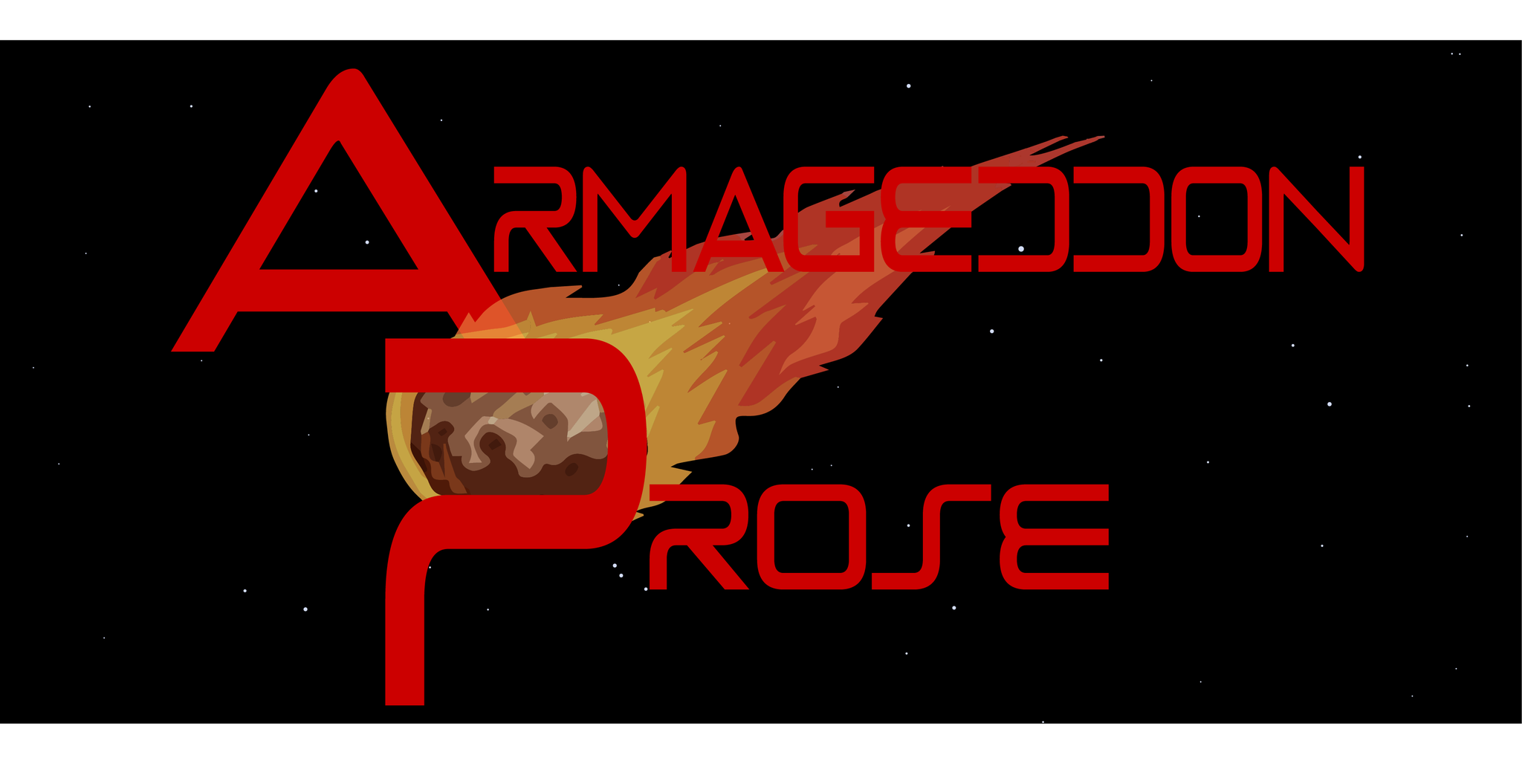Originally published via Armageddon Prose Substack:
Call me a masochist (it wouldn’t be the first time), but I am of the belief — and have been since I was a child even when I was unable to articulate why – that modern life in the developed world is entirely too materially comfortable for our own good.
Born with that mindset, as a young boy, I did sick stuff to myself that earned me a lot of ridicule from my peers, like running around the lake I grew up next to (about a half-mile around) ten times without stopping. My devotion to the without stopping principle was militant.
On occasion, the splitting pain in my sides (a well-documented phenomenon that long-distance runners experience) was so intense that I found myself crying and running simultaneously, unable to see the path before me clearly through the tears in my eyes.
Once, at summer camp, while doing the masochistic running routine, the other children laughed and called me “Forrest Gump,” the movie having just come out sometimes recently at that point in the mid-90s.
But I pressed on through the social derision and, at times, searing discomfort.
These are among my most poignant memories of my youth. They meant something inexplicable but nevertheless profound. Something about the momentary pain, inflicted by my own will and fully within my control, was clarifying and transcendent.
All that to say: many years later, as an adult, I discovered a new and highly rewarding self-flagellation technique.
Wim Hof, known popularly as The Iceman, introduced me to the merits of controlled cold exposure in 2014 via VICE, which produced the documentary that launched him into quasi-underground cultural iconhood.
He credits his “superhuman” feats that he claims anyone with the right training and mentality can accomplish – such as staying submerged in ice without his core body temperature falling, running a marathon barefoot in the desert with no water, and summiting Mt. Everest in nothing but swimming trunks – to a combination of regular cold exposure, meditation, and a unique breathing technique dubbed the “Wim Hof Method.”
Whatever the providence of his “superhuman” capacities, they work. By subjecting himself to clinical scrutiny by skeptical scientists, he has literally, singlehandedly forced a rewrite of the scientific literature pertaining to the regulation of the “autonomic” nervous system – so-called because it was previously believed to be outside of conscious control.
It is not outside of conscious control, and we know that now thanks to experiments undergone under clinical supervision by Wim Hof and his “disciples” – his personally trained understudies.
Via Proceedings of the National Academy of Sciences of the United States of America
“Hitherto, both the autonomic nervous system and innate immune system were regarded as systems that cannot be voluntarily influenced. The present study demonstrates that, through practicing techniques learned in a short-term training program, the sympathetic nervous system and immune system can indeed be voluntarily influenced. Healthy volunteers practicing the learned techniques exhibited profound increases in the release of epinephrine, which in turn led to increased production of anti-inflammatory mediators and subsequent dampening of the proinflammatory cytokine response elicited by intravenous administration of bacterial endotoxin. This study could have important implications for the treatment of a variety of conditions associated with excessive or persistent inflammation, especially autoimmune diseases in which therapies that antagonize proinflammatory cytokines have shown great benefit.”
After learning all of this, I began taking cold showers religiously (living in Topeka, Kansas at the time) – a habit I continue to this day whenever it’s feasible (which unfortunately it’s often not at latitudes near the equator).
Let’s survey some of the health benefits of cold exposure, which Hof advocates and credits as largely responsible for his seemingly superhuman capacities:
- A cascade of “feel-good” neurotransmitters (endorphins)
- Optimized cardiovascular function
- Enhanced immune system function
- Reduced abdominal (“visceral”) fat
- Pain relief (analgesia)
- Improved mood and reduced depression severity
- Lower fasting glucose and insulin levels
Anecdotally, also, which is hard to measure quantitatively, voluntary exposure to cold, like anything uncomfortable and challenging, appears to make the individual more resilient to the everyday general challenges posed by life.
So turn that cold knob and shiver, bitch.
Ben Bartee, author of Broken English Teacher: Notes From Exile, is an independent Bangkok-based American journalist with opposable thumbs.
Follow his stuff Substack if you are inclined to support independent journalism free of corporate slant. Also, keep tabs via Twitter.
For hip Armageddon Prose t-shirts, hats, etc., peruse the merch store.
Insta-tip jar and Bitcoin public address: bc1qvq4hgnx3eu09e0m2kk5uanxnm8ljfmpefwhawv










